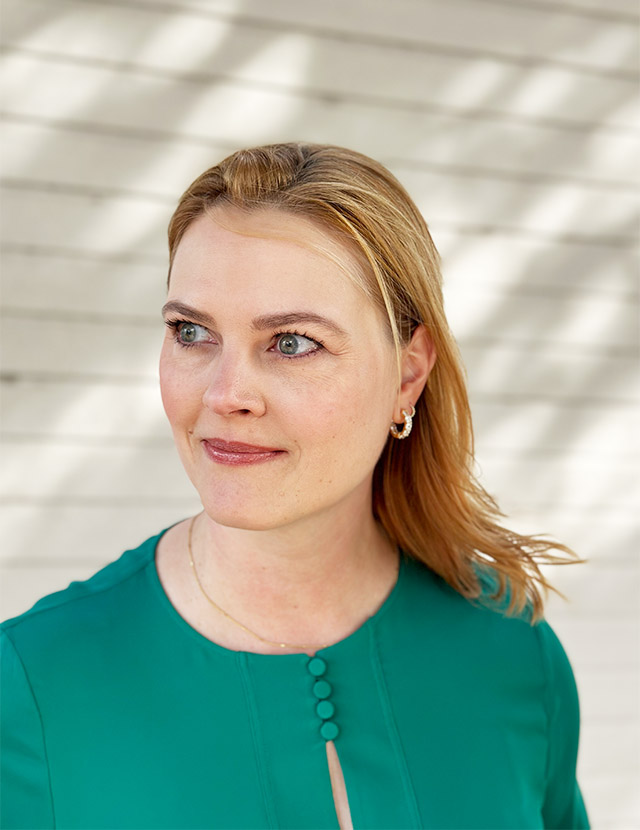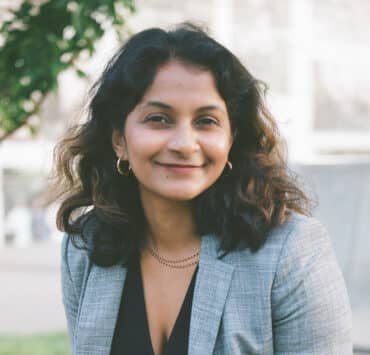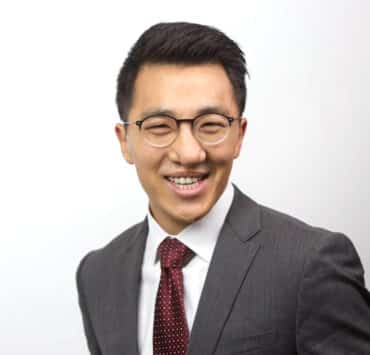|
Getting your Trinity Audio player ready...
|
While studying chemistry at Wellesley College, Heather Molleur attended a career day specifically targeted to the few chemistry students at the liberal arts school.
“There were some graduates from the school who had gone into the patent profession—some as patent agents and some as lawyers. That just really appealed to me,” Molleur remembers.
That day was an inflection point in her life and set her on a path to patent law. Today, as senior patent counsel at Micron Technology, Molleur is charged with protecting the semiconductor manufacturer’s innovations as the directions of its products and priorities evolve over time. “The overarching theme is that I have the right strategy in place for the product division,” she says.
Molleur spends the bulk of her time on patent development, hunting down inventions in need of protection, while also keeping an eye on the future. “Patents go for twenty years, so I talk to a lot of the leadership on the engineering teams and in product management and in sales and marketing to get a full approach,” she explains.
The attorney supports Micron’s solid state device products by interfacing with research and development teams that are in the nascent stages of product development. “Once we identify what these products are, I encourage the inventors to submit their ideas into our systems,” Molleur says. “I will do brainstorming sessions, or what we call invention harvests, where they’ve already developed features for certain products.”
The rest of the time, Molleur works on the trademark side, clearing trademarks and phrases that Micron product teams hope to use in marketing. Given the visibility of semiconductors in recent news, this is a challenge. Through embargos and boycotts, the US is attempting to limit China’s access to advanced semiconductors that could lead to innovations that fuel breakthroughs and advance its military capabilities. The US has also done the same with Russia. This geopolitical friction makes Molleur’s work difficult.
“We’re not really allowed to sell products in Russia and in China . . . and that’s creating some challenges with those regions in terms of getting the trademarks and getting the local regions and the words or phrases or terms that are common for the memory storage industry,” Molleur says. “We have a fair amount of actions we take and options or even appeals. We go to the civil courts there so I have a more direct role guiding those actions with the trademark portion of my job.”
Another challenge Molleur faces is quashing attempts by competitors to piggyback on its success by trademarking names and products similar to Micron’s.
“I think the patent profession overall is just a great place for women to be.”
Heather Molleur
She heads up a team of three “very experienced” lawyers who have been with Micron far longer than she has. Her leadership style is “hands-off.” Although she respects her teams’ skills, she encourages each to build upon them through courses, by working with service vendors, and using IT management tools.
With nearly twenty years of experience in law, Molleur has a passion for mentoring young women, telling them patent law is an attainable career. The number of women entering law has risen in the past twenty years, she says, but few are choosing patent law.
They’re not reluctant to study law. They’re reluctant to study science and engineering, which are required for patent law. “I think the patent profession overall is just a great place for women to be,” she adds. “The greatest block there is just knowledge that it exists.”
Molleur’s personal journey to patent law began with an interest in the semiconductor industry following graduation with a bachelor’s degree in chemistry. She moved to California from Boston and enrolled in University of California-Davis Law, earning her JD in 2002.
“With a chemistry background, the materials and process used in semiconductors was a huge interest to me. That’s where I got my start,” she says. “The equipment and processes used captured my imagination. These integrated circuits are so remarkable . . . everything is so tiny, and there’s very little margin for error.”
“With a chemistry background, the materials and process used in semiconductors was a huge interest to me. That’s where I got my start.”
Heather Molleur
Since arriving in California, Molleur has worked for a variety of large, established corporations and smaller start-ups, like Halio, Intermolecular, Symantec, and Applied Materials. The greatest revelation on her journey came as intellectual property counsel at Symantec.
“They had a lot of open source, and I was amazed at how the open source team came up with a way to get all of that reviewed and tracked. That was a really big learning experience,” Molleur recalls. For the first time she encountered a software capable of extracting inventions and triggering an internal review process, streamlining that process and improving communication.
Her current position at Micron has brought her career “full circle.” Although she began her law career in the semiconductor space, she had stops along the way at organizations outside of the industry.
“Everything I’ve learned at all of these companies—the skills, the software systems, the artificial intelligence skills—is going into semiconductor products at this point,” Molleur says. “It’s all just coming together.”
Holland & Hart:
“Heather is a talented intellectual property leader who leverages her extensive technical and legal experience to strategically protect Micron’s critical innovations. Her impact has been significant, and she deftly collaborates with both engineering teams and outside counsel. It’s our privilege to partner with Heather to achieve Micron’s goals.”
—Phil Harris, Partner



